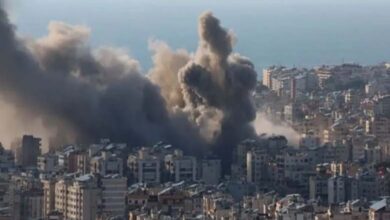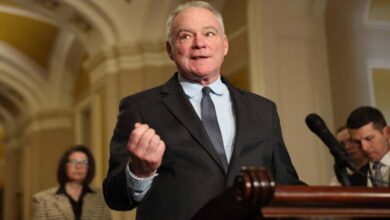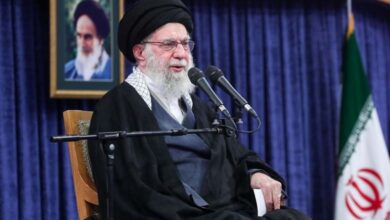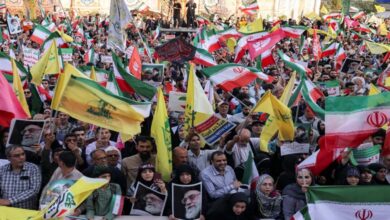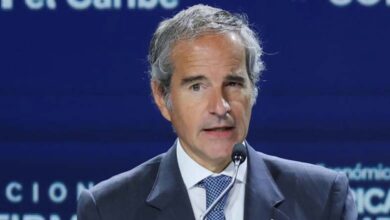One for One Thousand: Russia and Ukraine Conclude Their Largest Prisoner Exchange
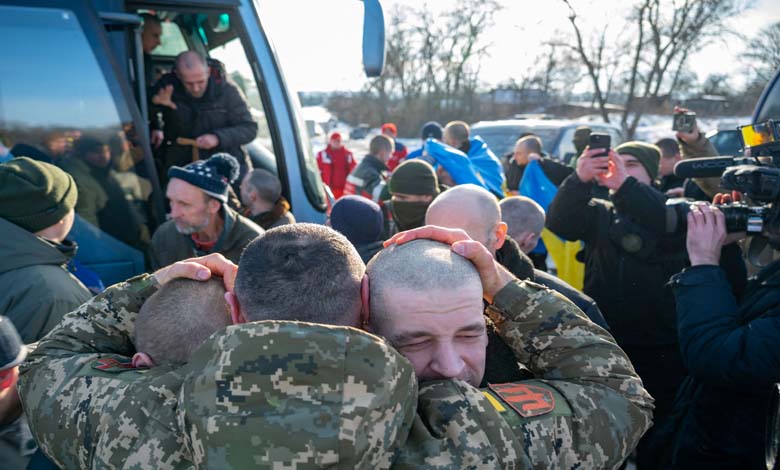
In one of the largest prisoner-of-war exchanges since the beginning of the Russia-Ukraine conflict, the two countries concluded on Sunday a major operation involving the release of 1,000 prisoners from each side.
-
New UAE Mediation: Russia and Ukraine Exchange 50 Prisoners
-
Emirati Mediation: A New Prisoner Exchange Between Russia and Ukraine
The exchange unfolded over several phases during a three-day period, signaling significant progress in discreet communications between Moscow and Kyiv, despite ongoing hostilities on the front lines.
Russia’s Ministry of Defense announced the return of 303 Russian soldiers from Ukrainian-controlled territory, in exchange for 303 Ukrainian prisoners of war.
This operation was based on an agreement reached on May 16 in Istanbul, Turkey, and was implemented between May 23 and 25.
-
With New UAE Mediation, Russia and Ukraine Prepare to Exchange 90 Prisoners
-
Emirati Diplomacy Succeeds in Securing Exchange of 180 Prisoners Between Russia and Ukraine
The freed Russian soldiers were taken to Belarus, where they are receiving medical care and psychological support before being transferred to medical facilities in the Russian Federation for further rehabilitation.
Ukrainian President Volodymyr Zelensky also confirmed that 303 Ukrainian prisoners of war returned from Russia during the final phase of the operation.
In a message on Telegram, Zelensky stated that those released included members of the Ukrainian Armed Forces, the National Guard, the Border Guard, and the State Special Transport Service.
-
Emirati Mediation Between Russia and Ukraine Succeeds in Exchanging 180 Prisoners
-
UAE Mediation: A New “Prisoner” Exchange Deal Between Russia and Ukraine
The Russian Defense Ministry described the exchange as unprecedented in scale: 1,000 for 1,000. It is considered the largest swap of prisoners between the two nations since the war began in February 2022.
This exchange marks a significant humanitarian and strategic breakthrough amid a prolonged political deadlock. It also reflects the success of Turkish mediation efforts, which facilitated a direct channel of communication between the two parties.
The negotiations held on May 16 in Istanbul lasted only two hours but resulted in a concrete agreement. The Russian delegation was led by Vladimir Medinsky, advisor to President Vladimir Putin, who presented the deal as a potential foundation for broader negotiations.
-
Through Emirati mediation… Prisoner exchange deal between Russia and Ukraine includes 195 soldiers
-
The world welcomes the UAE’s mediation… Success in prisoner exchange between Russia and Ukraine
According to Medinsky, the Ukrainian delegation proposed a direct meeting between President Putin and President Zelensky. Although Moscow did not explicitly accept the request, it did not reject it either, suggesting a possible openness to dialogue.
This exchange sends strategic signals from both capitals, aiming to improve their respective positions ahead of any future negotiations. Simultaneously, cautious diplomatic efforts are underway by the United States and Europe, while Ankara strives to sustain its role as a mediator amid international gridlock.


